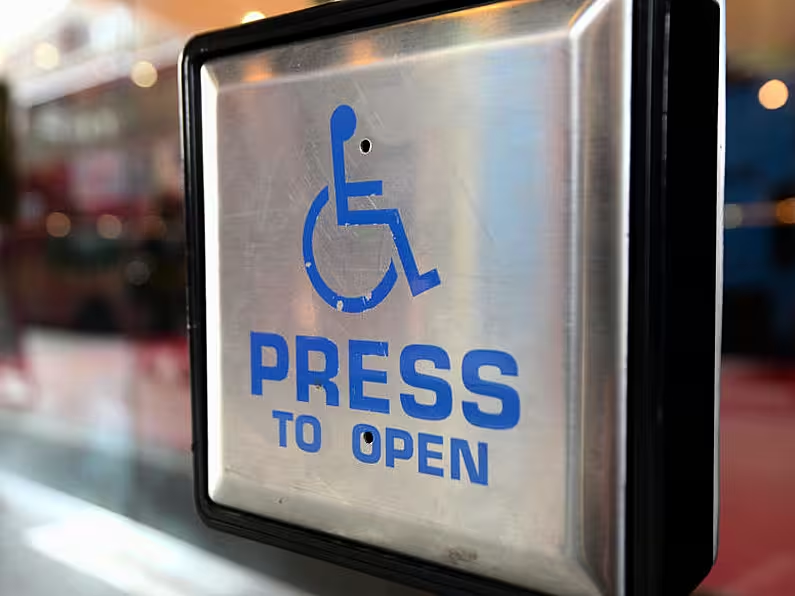
Sarah Mooney
A living wage could be introduced by 2025 under plans launched by the Government today.
The Low Pay Commission has formally begun work on examining how Ireland can move towards a living wage, after the Government committed to progressing to the wage over its lifetime.
It is set to replace the current minimum wage with one based on the cost of living, defined as the minimum income needed for a single full-time worker without dependents to meet basic needs and afford an acceptable standard of living.
The pandemic has caused us to redefine frontline or essential workers
Tánaiste and Minister for Employment, Leo Varadkar, said the wage would seek to build “a more inclusive society that rewards work and enterprise better” post-pandemic.
“The pandemic has caused us to redefine frontline or essential workers and to reconsider the value we place on their work and the reward they should get for that work,” he said.
“Traditionally, when we thought of frontline or essential workers, we thought of nurses, doctors, gardaí or firemen... Now [we] think also of retail workers, drivers, security guards, transport workers and cleaners.
“One of the legacies of the pandemic must be a more inclusive society that rewards work and enterprise better. That means better terms and conditions for lower paid workers. Moving to a living wage is an important part of this.”
Different rates
The Low Pay Commission is set to outline and recommend a process by which Ireland can progress towards the wage, following a study of its design in an Irish context.
The Commission will consider international evidence on living wages, examine how a living wage could be calculated in an Irish context and examine the policy, social and economic implications of moving towards it.
Its study will take into account median wages, the distorting effect on the economy of multinational investment and the cost of living.
It will also consider if there should be a different, higher rate for those living in Dublin and if age should play a factor in setting rates.
It is expected that the report will be completed in the second half of 2021.
We must do it in way that that does not cost jobs or cause people’s working hours to be reduced
Mr Varadkar said the move to a living wage would be done in a way that was not “counter-productive”.
“We need to recognise that many businesses are closed and are now loss-making, so we must do it in way that that does not cost jobs or cause people’s working hours to be reduced,” he said.
“This work will build on the improved social protections for workers over the last five years, including paternity benefit, parental leave, our plans for a statutory sick pay scheme and the extension of social insurance benefits to the self-employed.”
The living wage has been estimated to be €12.30 per hour by the Living Wage Technical Group, a body which has advocated for the move since 2014. The current minimum wage in Ireland has steadily increased over the last ten years, from €8.65 in 2011 to €10.20 today.













